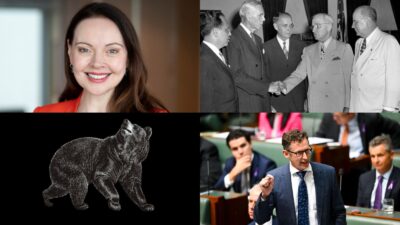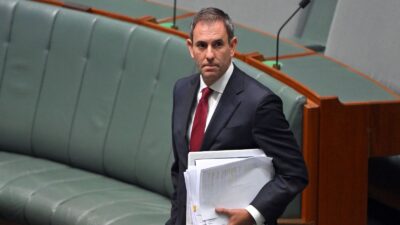-
Sort By
-
Newest
-
Newest
-
Oldest
Artificial intelligence will expand the private equity opportunity set, according to BlackRock, while bargain-hunting real estate investors will soon get the discounts they’re looking for.
Major moves in custody and investment internalisation were ISN’s biggest stories of 2023, but hard-headed analysis of retirement risk and credit quality pulled plenty of eyeballs too.
Russia might yet escalate its war in Ukraine, while a global recession remains an uncomfortable possibility. But alpha generation potential should increase and liquid alts will be “crucial” as growth uncertainty persists.
APAC family offices are pursuing opportunities in the emerging markets and private debt, and performed better in 2022 than their global peer group according to Campden Wealth.
Big investors looking for diversification and new return drivers are diving deep into the private markets to find them. But liquidity is underrated, and Ninety One thinks they should be considering gold and commodities instead.
Super funds and other big institutions are growing concerned about geopolitical upheaval, while the popularity of private assets is making it hard to find and close transactions.
Your Future, Your Super will likely be adjusted to allow funds to more easily invest in renewable energy and affordable housing. Whether they really want to is another matter entirely.
The Future Fund made changes affecting more than $60 billion of assets last year as it repositioned for its much vaunted new investment order, but other large investors are taking a different tack.
Markets are looking rosy as the end of the year approaches, but the two extremes aren’t being priced in. Meanwhile, the enthusiasm for generative artificial intelligence risks obfuscating who could really win and lose from the boom.
By some measures market breadth has fallen to its lowest levels in more than 20 years as the “Magnificent Seven” reign supreme. Investors should position for a broadening out of equity market leadership.
A panel of experts has pointed to energy, illiquid assets and retirement income as three areas where super funds need to lift their game, with stakeholders expecting the “huge amount of capital” now in the system to contribute to Australian society.
Big institutions live and die by their data, but State Street finds that very few have a strategy for acquiring and managing it while many are lagging in their technology investment.
















